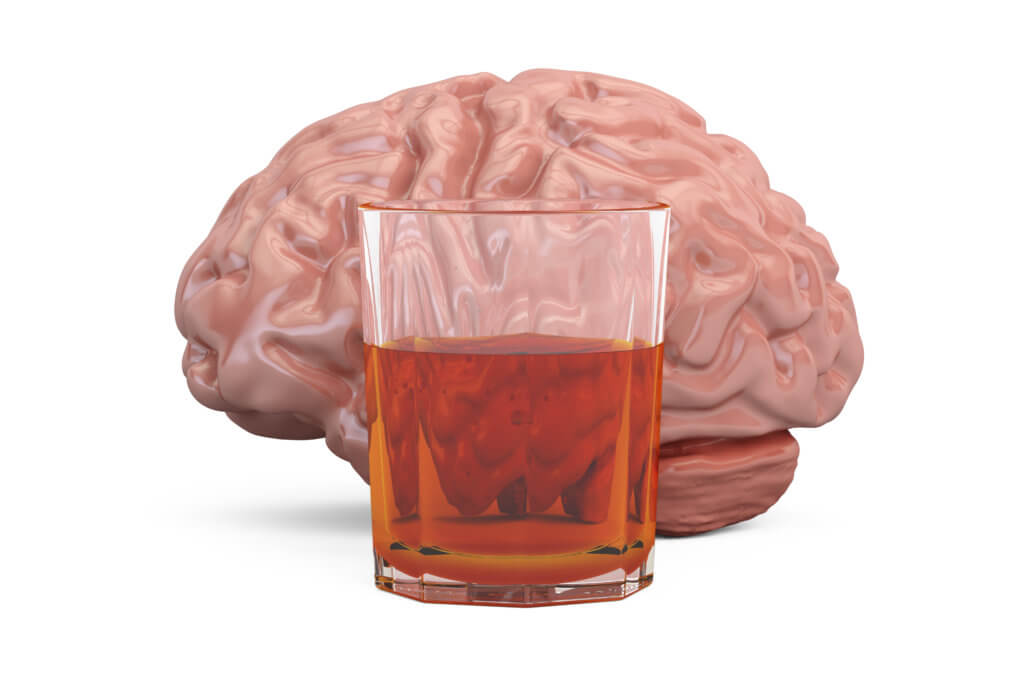A new treatment for people battling alcoholism may be around the corner, according to a new study. Monkeys that were given a hormone called fibroblast growth factor 21 (FGF21) cut back their alcohol consumption by 50 percent, even if they had developed a taste for it, say scientists.
According to the 2019 National Survey on Drug Use and Health, 14.5 million people ages 12 and older in the U.S. are considered to have alcohol use disorder. Scientists are hoping their research will translate to promising results for humans.
Studies have found genetic variants in FGF21 are linked to whether people are more likely to binge drink. Giving rodents a hit of FGF21 has also been found to impact their brain and reduce the amount of alcohol they consume. But exactly what neural pathways the hormone disrupts to quench their thirst has remained a mystery until now.
“When considering how and why these modality specific mechanisms evolved, it is interesting to note that mammals were primarily exposed to alcohol from fermenting fruits, which possess high levels of simple sugars,” says study co-author Dr Matthew Potthoff, of the University of Iowa Carver College of Medicine, in a statement. “Despite this, neural circuits regulating FGF21-mediated suppression of sugar and alcohol intake apparently developed independently and not in response to a shared selective pressure.”
The researchers gave FGF21 to vervet monkeys that had shown a strong penchant for alcohol. Afterwards, consumption dropped by around 50 percent, even if they were exposed to alcohol for long periods of time, the researchers found.
FGF21 affected a region of the monkey’s brain called the nucleus accumbens, which plays a complex role in reward and addiction. Specifically, it changed the activity in a group of neurones which are known to be involved in reward-seeking behavior.
More research is needed to understand how FGF21 affects these neurones in animals while drinking alcohol. But the discovery could lead to treatments for people who struggle to control their alcohol intake.
Drinking too much alcohol is linked to a greater risk of developing a number of chronic diseases like high blood pressure, heart disease, strokes, liver disease, and many types of cancer.
“Our results provide a mechanism for a liver-to-brain endocrine feedback loop that presumably functions to protect the liver from damage,” says Potthoff. “The central molecular and cellular effects of FGF21 represent an opportunity for future research, and the present data indicates that FGF21 analogues may provide a potential treatment option against alcohol-use disorder and related diagnosis.”
The findings are published in the journal Cell Metabolism.
Article written by South West News Service writer Tom Campbell.












